Give a Man a Fish, and You Feed Him for a Day. Teach a Man To Fish,
and You Feed Him for a Lifetime.
(It certainly goes for a woman too.)
I am trying to teach you to fish. I am explaining how to catch such an error without having to ask on Stack Overflow first.
Set up your IDE to warn you when you use an object (an instance) for calling a static method. That is whenever you do something like
yourObject.someStaticMethod();
In my Eclipse your code gives this warning:
The static method ofDays(int) from the type Period should be accessed
in a static way
This tells us that ofDays() is a static method, and therefore the result of the call is the same as calling Period.ofDays(3). Eclipse even offers to fix the problem for me:

After I click “Change access to static using Period (declaring type)”, that code line becomes:
Period.ofYears(1).ofMonths(2);
Period period = Period.ofDays(3);
Now I think you can see why you got the result you got.
So:
- Make sure your IDE is configured to issue such warnings. It doesn’t have to be Eclipse, other IDEs can do the same.
- Read those warnings when you get them and make sure you understand them. If you've skipped a warning once, if you get an unexpected result, go back and read the warning again. If you still need to ask on Stack Overflow, you're welcome of course, and consider including the text of that warning you didn't understand.
Others have nicely explained how to fix your code to give you your desired result. If Period.of(1, 2, 3) is a bit confusing because you can't tell what's years, months weeks and days, use Period.ofYears(1).plusMonths(2).plusDays(3), and everything is clear. It also resembles what you tried in the question.
Link: How to debug small programs with many tips similar to the one I am giving here (and not because yours was a poor question, it’s a good one, I upvoted it).
